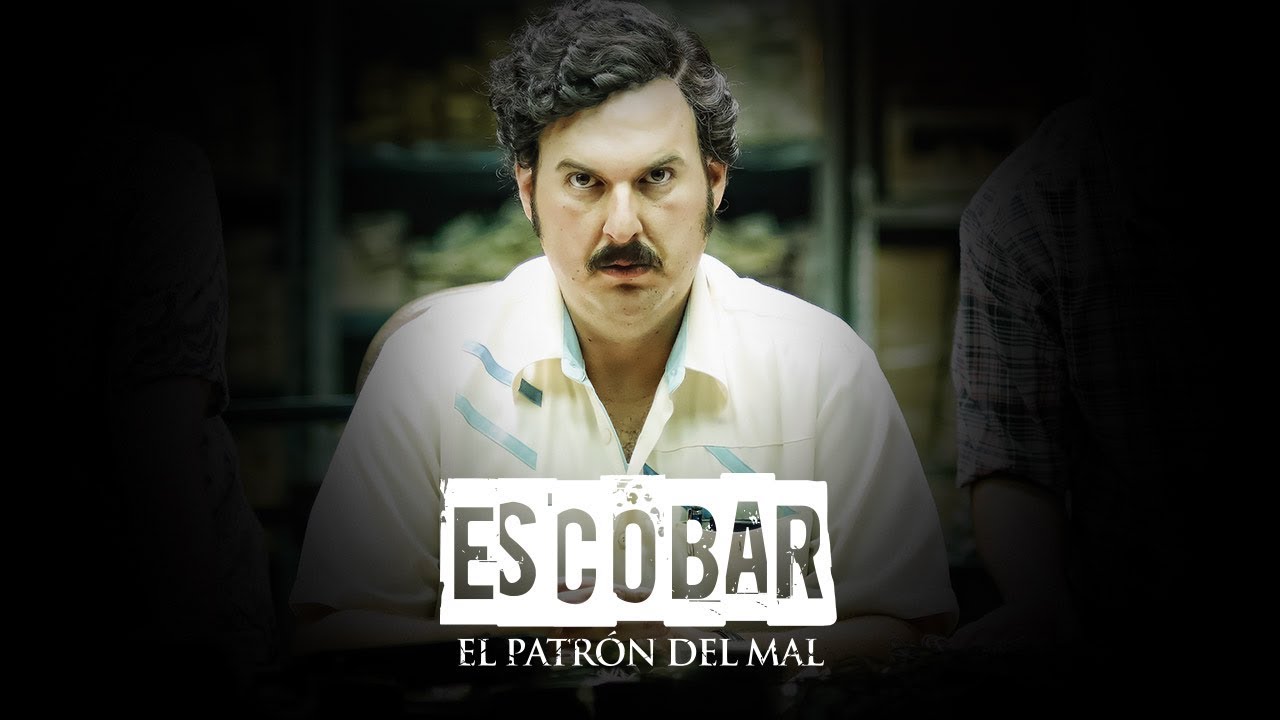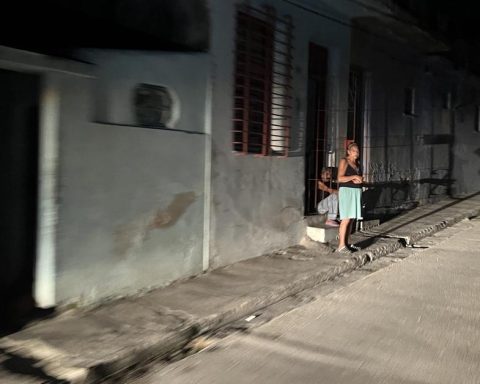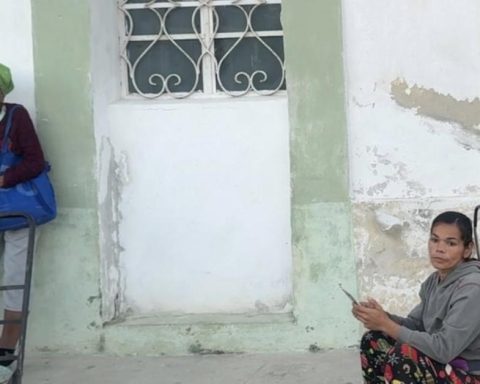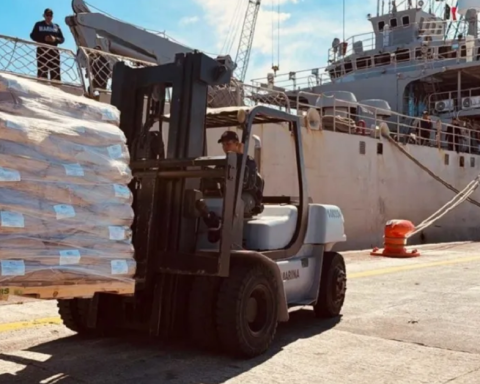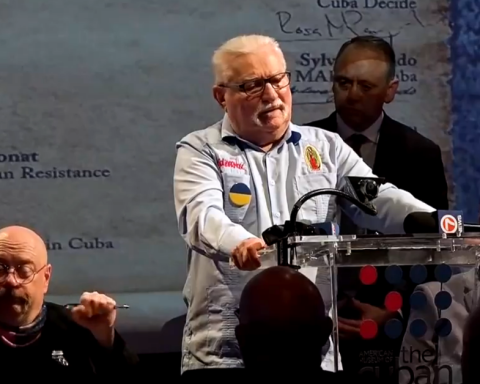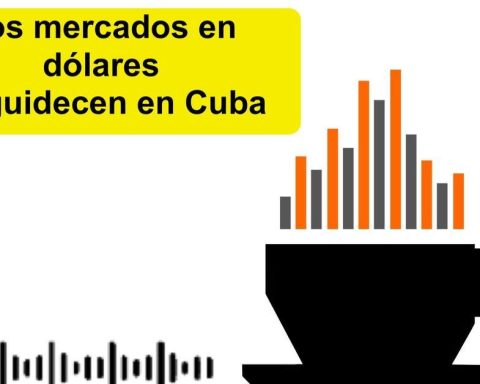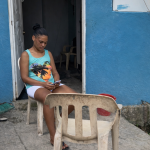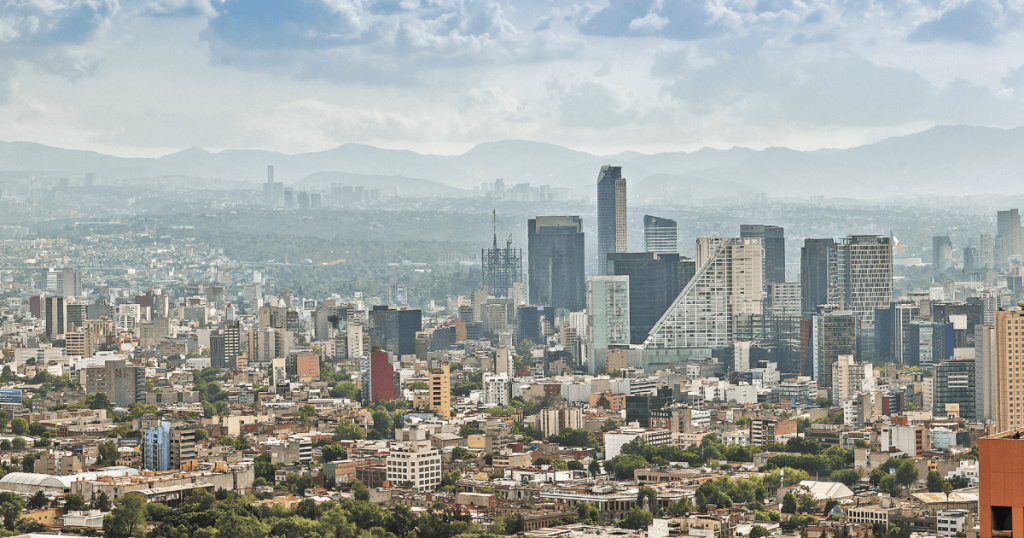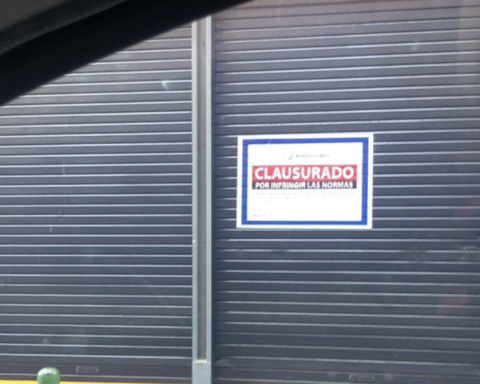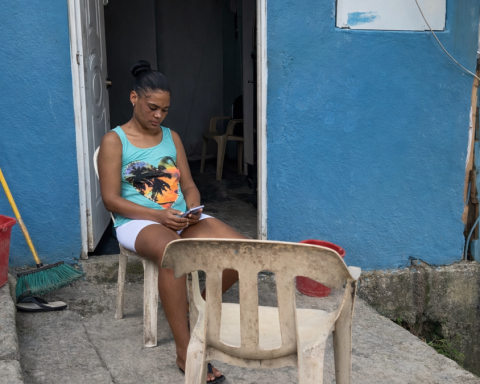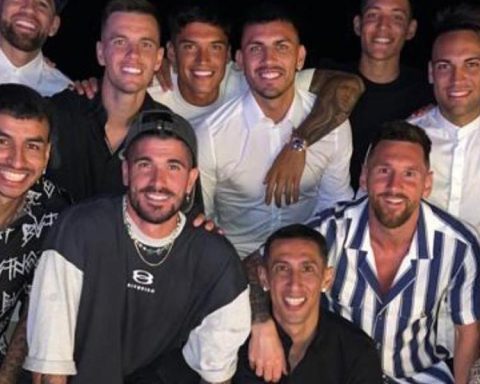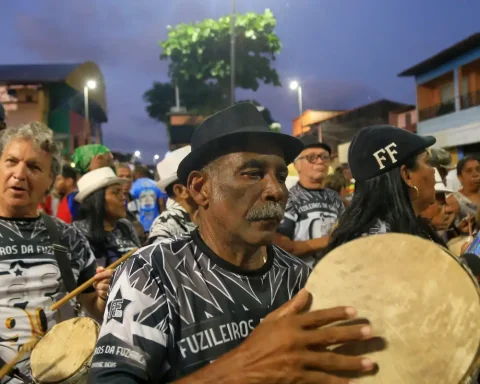The phenomenon of novels and music about drug trafficking is based on closeness and social memory. Can you influence off-screen violence?
In the top 10 of the most viewed of Ecuador on Netflix -until November 19, 2021- appeared the biography of the Colombian Pablo Escobar, a major drug traffickers of history. While on Amazon Prime, although there is no country classification, when writing the word narcos there is an offer of more than 50 films and series – 70% are Latin productions – or with protagonists whose characters are Mexican or Colombian. If you do the same search exercise with the word nature, there are a total of 17 documentaries.
Because the narco soap operas Are they successful in societies where drug traffickers exert violence? José Laso, a communication professor at the Universidad Andina Simón Bolívar, says that they are chained with a historical memory of the main countries where they are produced, especially in Colombia and Mexico.
The naturalization of violence
The sociologist Martín Cobo says that there are no studies that determine a negative influence in the behavior of the human being, but affirms that, collectively, the narco soap operas can generate a “cultural colonialism”, Which naturalizes violence and“ makes us believe that drug violence it is part of a ‘status quo’ ”.
Laso details that these types of productions are well built – they have high budgets – and, in addition, they bring closeness to a reality that everyone is experiencing, as in Ecuador.
Cobo adds that the attraction is the curiosity to know how the world of the narco; “There is morbid and that is reflected in the high rating levels. If that can drive people toward drug trafficking, it may be a wrong idea. “
In a study on forced recruitment by the Revolutionary Armed Forces of Colombia (FARC), it is detailed that at least 18,677 minors were victims of forced recruitment between 1996 and 2016. However, there are records of interviews with children in border areas that said that big they wanted to belong to the guerrilla.
Stereotypes are marked
Laso mentions that you are narco soap operas build a architecture around the narco, where the main axis is a character, of humble origin who comes out of poverty through this activity. “Their debacle almost always shows itself to a lesser extent. If everyone is going to want to be narcos I don’t think about these novels, but there is a great promotion of stereotypes ”, Cobo details.
María Clara Celi, works in a minimarket, when asking her if she sees narco soap operas He said that the word is not clear. When mentioning any of these he said yes, that his favorite is the ‘Queen of the South ‘. For her they are interesting stories and she considers that there is a final message. “Always, even if they don’t go to jail, they pay for the evil they do, with their families or because they have to be on the run,” says the 41-year-old woman.
#TheHoraQuestion | Are you passionate about narco movies, novels or series ?????????
Write us in the comments, we read them ????
– The Ecuador Hour (@lahoraecuador) November 20, 2021
Censorship leads nowhere
Should the channels be prohibited from broadcasting this type of novels or should the radios narcocorrido? Laso considers that censorship does not lead to anything, rather “the taboo attracts curiosity.”
Indicates that characters have been taken from a ‘religiosity ‘popular existing. “Martín Barbero (Spanish philosopher and semiologist) said that we tend to blame the media of everything that happens, we have the media as ‘scapegoats’ for not realizing that there is a real violence”, Laso details, referring to the social and state actions that must be taken.
For Cobo, the people of Latin America are attracted, because –as in novels– they belong to a exclusion society, of inequity and where there is doubt about the possibility of progressing through education and work. “The Government should be concerned about adapting conditions of education and work, especially for most marginalized societies, and not believe that because they are poor, a novel leads them to commit crimes ”.
Offer more content
One solution proposed by the experts is to have this type of content, but also others –on the same theme– from the Academy. “In a world as complex as ours, the solution is this crossing of discourses that allow reflection, resistance,” says Laso.
For its part, Omar Rincon, a professor and researcher at the Universidad de los Andes, in Bogotá, wonders in the interview with Nueva Sociedad (2015) if these narco-soap operas should be “censored or removed”, and responds negatively, pointing out that “we must continue doing them, because the history is a duel of stories and fiction is the best way to tell it, only that it would be necessary to diversify points of view, not only stay in the truth of the drug traffickers and violent, but look for the other stories “.
For Rincón, these productions are due write and act more conscientiously, so that the type of heroes is not justified for any reason that are presented in them.
“You have to show the drug traffickers as criminals without justification or vindication or lives to admire.”
Omar Rincón, professor and researcher at the Universidad de los Andes (Colombia).
The topics that are not touched
Although there is a consensus on the non-prohibition of these productions, Adriana berrúAs a philosophy teacher, he believes that there is a formula in drug novels that does not break, because it works. So they are all the same: “waste, women and wars against the government”. But, around the narco there are other scenarios that should be plotted to avoid generating a apology for narco and show its consequences.
For example, little has been discussed about the human trafficking, that has to do with drug trafficking. “There is no talk of rapes of girls and boys, who are recruited or are family ‘quotas’, like payments to favors with drug traffickers. Perhaps because far from the banality of narco that is full of money, they are afraid to go further and touch on these issues that would break with the formula that gives them the rating ”, he adds.
